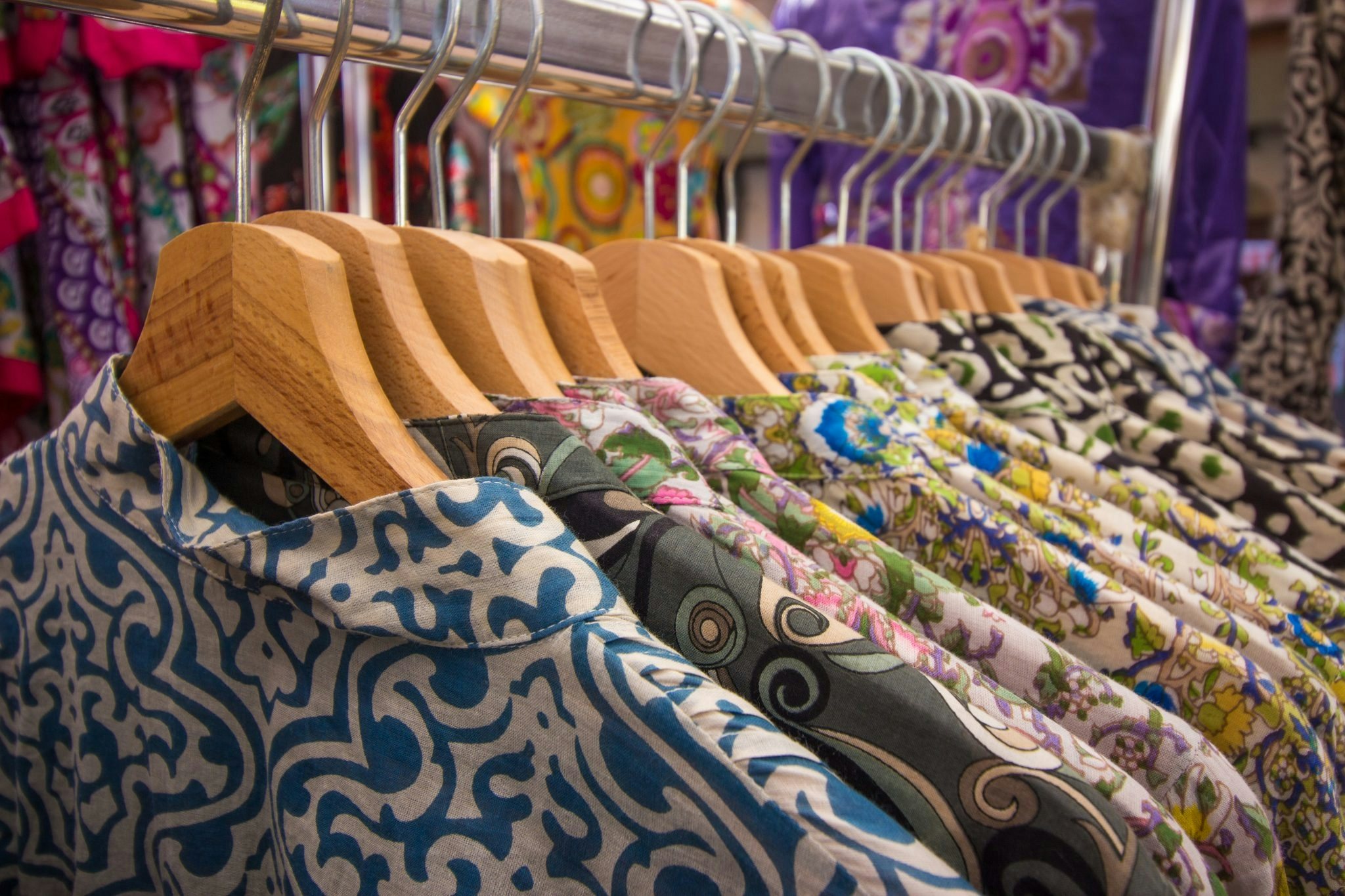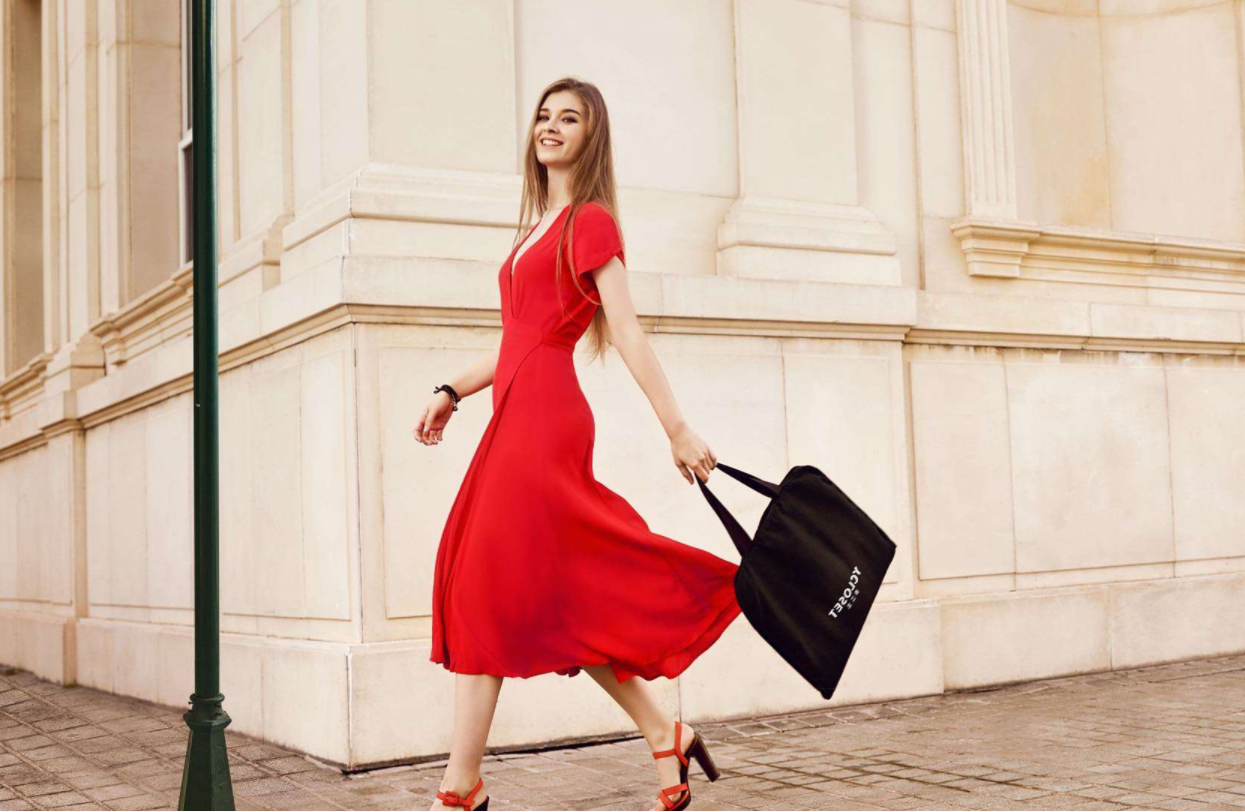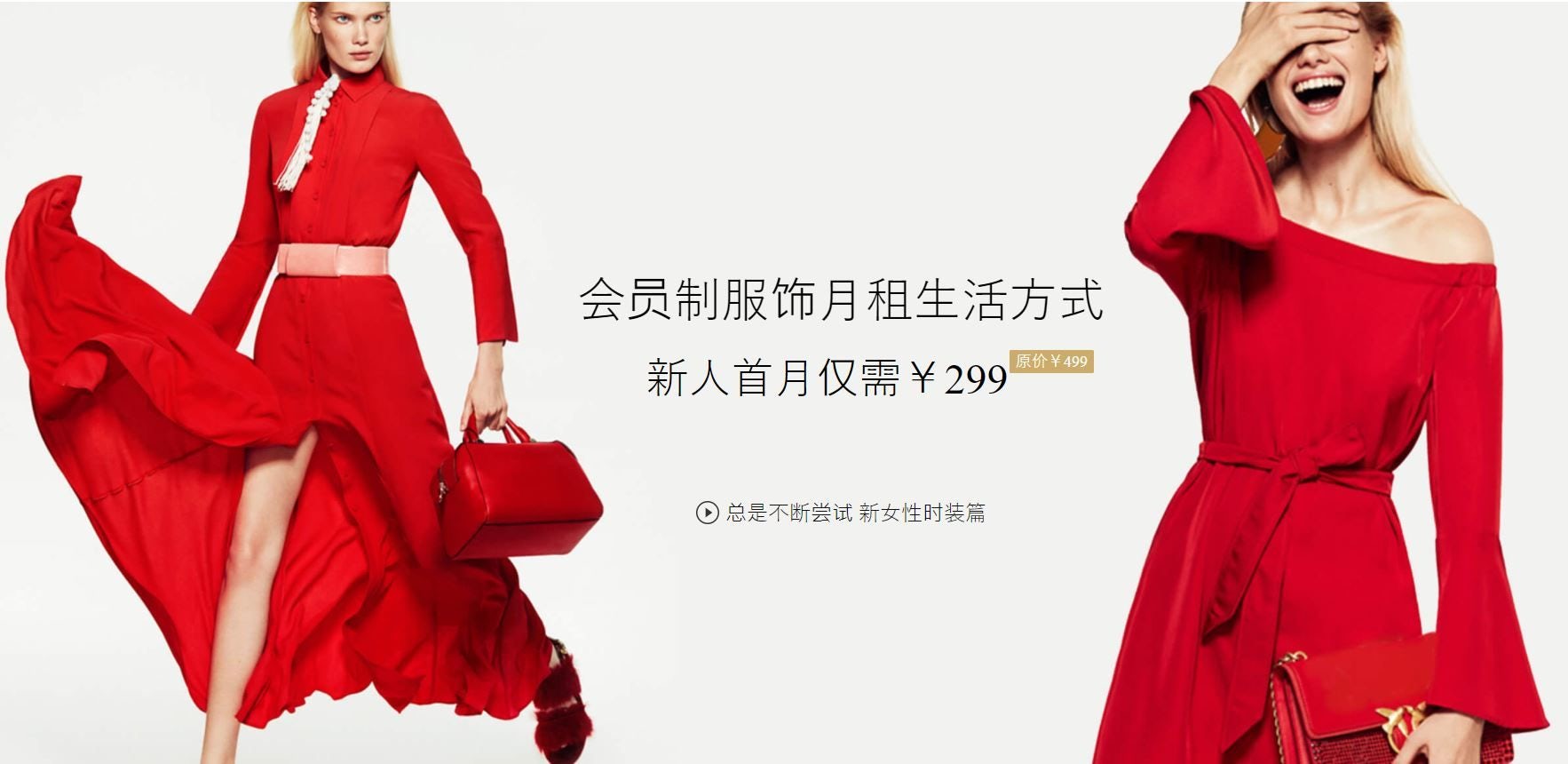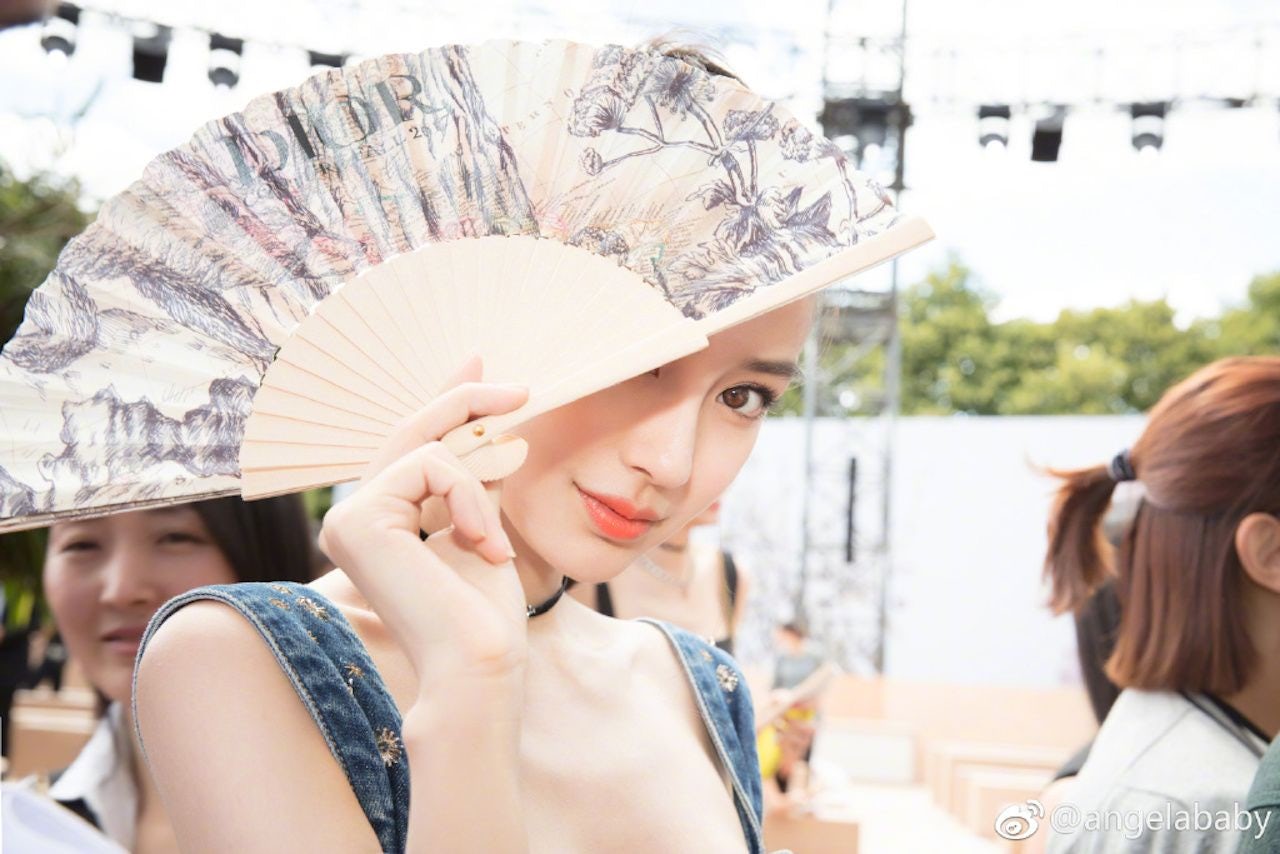China has been famous for being an epigone for American business models, such as Baidu — China’s answer to Google, Didi Chuxing — China’s version of Uber, and UrWork — China’s adaptation of co-working space startup WeWork. Now, the country is eying Rent the Runway, the New-York-based online luxury rental platform, as its next business to duplicate.
Besides copying the online rental business model from Rent the Runway, China’s counterparts sugarcoated themselves with the concept of the sharing economy — an absolute investment hot spot in the country now. The luxury sharing economy is that, no matter if it is a designer dress, a luxury handbag, or a private yacht, consumers can get it without owning it, on-demand. It is essentially the market of consumers leasing luxury items instead of buying them.
Some early players emerge in China’s market by attracting tens of millions of venture capital funding. Beijing-based Y-Closet, entry luxury clothing sharing platform, announced last month that it secured a C series funding of 50 million led by Alibaba, making its total financing to 80 million. Y-Closet’s competitor MsParis, a high-end clothing sharing startup, has received venture funding totaling 21 million.
From sharing cars to bikes, to power banks and napping pods, China’s booming economy transactions hit 3.5 trillion yuan in 2016, an increase of 103% from the previous year, according to a report by China’s State Information Center. The report also forecasts that the sharing economy will account for over 10% of China’s GDP in 2020, and around 20% in 2025.
“It’s convenient for these companies to capitalize on this trend,” said Xue Yu, analyst at market research firm IDC.
Some analysts argued that the rental business model should not be considered part of the sharing economy.
The sharing economy is largely defined as “crowd-based capitalism” — using the internet as a platform to enable peer-to-peer (P2P) commercial exchange, such as Uber and Airbnb, which allow individuals to share their cars and rooms with strangers in exchange for money.
In contrast, Y-Closet and MsParis employ a business-to-customer (B2C) model in which the companies stock clothes and accessories in mass in order to lease them to customers. The business model lacks individual participation on the supply side.
But Xue disagreed, “Of course they are part of the sharing economy. Periodical leasing is also a way of sharing.”
Analysts also pointed out that the high value of the luxury goods adds more sense to this rising business model. “The price of luxury products is so high that it makes it essentially very sharable,” said Chen Ke, partner and vice president of Roland Berger Greater China, a consultancy firm.
Paris Xu, founder and CEO of MsParis, told Jing Daily that her company hadn’t tried the P2P sharing model because its B2C model can “maximize the value of the capital in the shortest period of time.”
MsParis, which mainly targets young female customers aged 18 to 32, leases luxury goods from Valentino, Moschino, Vera Wang, Michael Kors, and DVF.
In addition to the luxury brands, MsParis also includes fast fashion brands like Zara in its rental platform to target a wider range of customers. MsParis didn’t share its MAU (monthly active users) with Jing Daily.
“In the past, almost only 30-year-olds started to have that purchasing power to enjoy luxury products. But now with hundreds of yuan a month, 20-year-olds can come into contact with the brands,” said Xu. “It’s a good education for the market about luxury brands,” she added.
Chen Ke, partner of Roland Berger, agreed. “A little connection with the brands may turn into a big interest later on.”
For Chinese millennials, a vast army of educated and tech-savvy consumers that make up nearly one-third of the total Chinese population, life is more about accumulating experiences than possessions.
“There is definitely a niche market for these kinds of luxury sharing apps,” said Marc-Olivier Arnold, chief strategy officer at Shanghai-based RTG Consulting Group.
“#
The question as to whether or not this emerging mindset among China’s Gen Z translates to an acceptance of luxury sharing business models, however, is more uncertain,” Arnold pointed out.
As for many older and more sophisticated Chinese consumers, exclusivity is a key appeal to them when they purchase luxury, as the exclusive ownership helps them to show their wealth and social status. “But a luxury sharing App removes this promise of exclusivity,” said Arnold.
“That makes it even more crucial that these companies thoroughly understand their target consumers and develop strategies that specifically engage with and appeal to them,” said Arnold. “Unlike other mass-market sharing apps, for luxury sharing apps, the key is not to target everyone, but to focus on your one target segment only,” Arnold explained.



